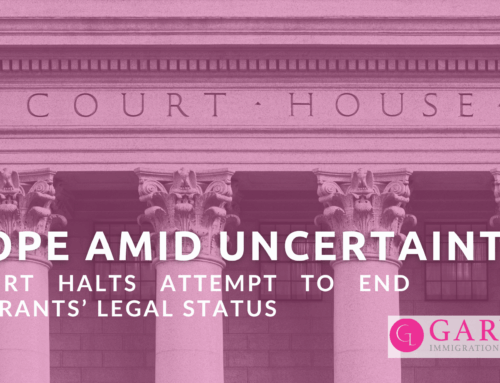As of October 30, 2025, the routine of automatic extensions for certain Employment Authorization Documents (EADs) is coming to an end. Many immigrants who’ve relied on the “in-process renewal = keep working” expectation now face a new reality: your authorization may expire the moment your renewal application is pending.
Who’s Impacted?
If you’re working in the U.S. under a status that allowed automatic EAD extension while your renewal was pending, think H-4, asylum applicants, TPS beneficiaries, adjustment-of-status filers, this change could affect you directly. The safety net you’ve relied on may no longer be guaranteed.
Why This Matters
- Work interruptions: If your EAD expires and the renewal isn’t approved by October 30, you could face a gap in your ability to lawfully work.
- Employer risk: Employers rely on valid work authorization to remain compliant. A sudden expiration puts both you and your employer in a tough spot.
- Timing pressure: With renewal pendency already a reality for many, this change adds urgency to your case timeline.
What You Should Do Now
- Check your EAD expiration date: See if it falls after October 30 and assess the risk of a pending renewal.
- Confirm filing status: Has your renewal been filed and accepted? If not, it may be critical to expedite or explore alternatives.
- Consult your immigration counsel: There may be other paths or flags you need to raise — for example, switching to another status or filing before that expiration date.
- Communicate with your employer: Make sure HR knows about the change so you can be proactive rather than reactive.
Our Take at Garvish Immigration Law Group
We know how unsettling this can feel. When your livelihood, your career, and your future in the U.S. are built on consistent work authorization, any change creates stress. At Garvish Immigration Law Group, we’re here to guide you through these shifts, helping you understand your current status, navigate the filings ahead, and plan for scenarios that keep you working and compliant.
If you’re unsure how this change affects your case, let’s talk. We can review your status, assess your options, and make sure you’re not caught off-guard.


